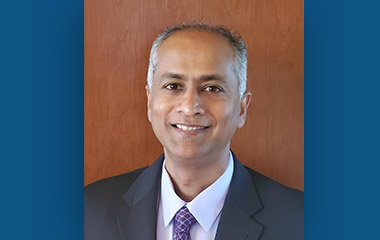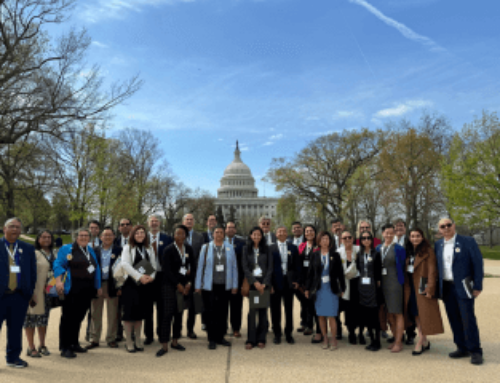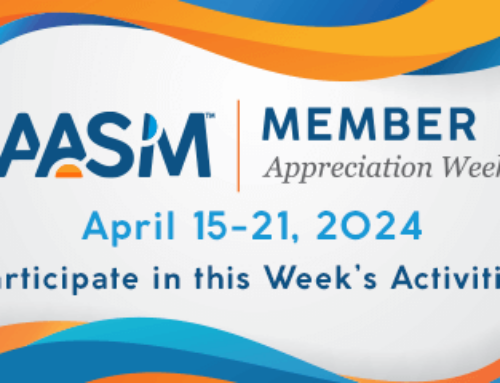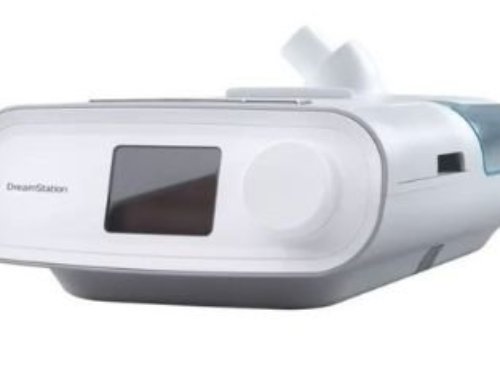As I paused recently to appreciate the beautiful fall colors changing, it reminded me that change is happening everywhere, continuously. We change as part of the natural evolution of life. As I was reflecting on change, my mind wandered to our field of sleep medicine, and how we have evolved over the years. Some changes were embraced immediately, some were created by our leaders who were innovators and visionaries, and some were put upon us when we were not ready to accept and adapt to these changes. When we are adaptable and proactive, we can enjoy surfing the wave of change rather than being thrown by it when we are reactive and resistant.
Changes are happening to our field right now; we are using more home sleep apnea tests and virtual visits than ever before, insurance payors are covering virtual visits (which was not the case even a year ago), and use of in-lab sleep studies has decreased. In addition, sleep medicine disruption is imminent due to technological advances, and the pandemic is accelerating this disruption. Technology advances such as the application of artificial intelligence (AI) are at our doorstep, and it is time we take the lead to help our patients and our field!
Can we lead by being a visionary, innovator, or change agent to benefit our field and patients? Or can we at least be ready to face these changes and adapt? For example, have we made changes in our practice models so we are not dependent on in-lab sleep study reimbursement to sustain our practice? Or are we ready to treat certain patients with OSA with PAP directly without requiring diagnostic testing? In fact, CMS has already offered this waiver during the pandemic. The practice models will have to shift from diagnosis to chronic disease management with more emphasis on sleep health; we may need to modify our practice to use telemedicine for group sessions as we look at ways to deliver more efficient and effective care for our patients. The sleep team model needs to grow. Overall, we will need to think outside the box and work differently!
This is easier said than done. Change is uncomfortable as it brings uncertainty. How do we embrace being uncomfortable? The focus really needs to shift to patient-centered care. Your leaders at the AASM are already taking steps to be adaptable, innovative, and visionary, so that we can become change agents. These leadership characteristics are now part of our core values that guide our decisions. In my August column, I mentioned that the AASM board of directors underwent a self-assessment survey to not only identify areas of improvement, but also to benchmark ourselves against other high-performing organizations. This helped us to think and work differently. In fact, our board meetings are now focusing more on strategy development and generative discussions, so that we can prepare our field and members for future disruptions. Being responsible, delegating authority along with empowering the right people, and holding ourselves accountable are some of the traits that we are emphasizing on the board as we look forward to a bright future for our patients, members, and for the field of sleep medicine.
Kannan Ramar, MD
President
kramar@aasm.org









